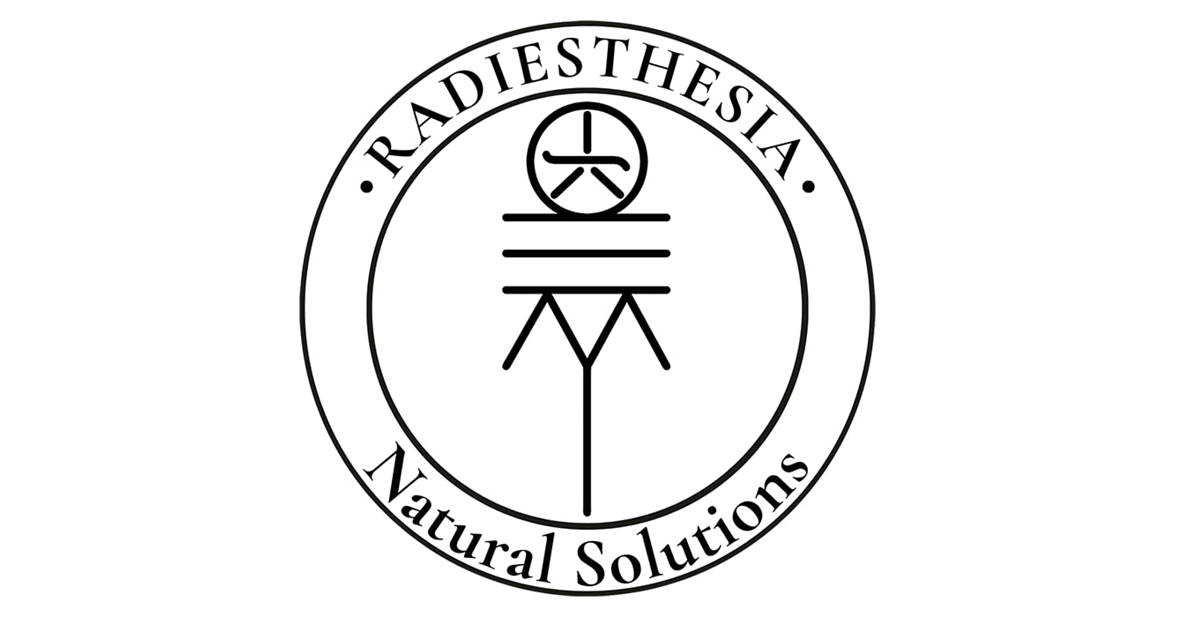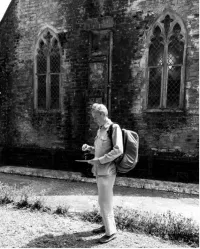RADIESTHESIA TIDINGS

Mistaken Identity
Rethinking Our Understanding of Human Awareness
We humans have always sought simple explanations for life's complexities. Our modern empirical worldview, rooted in materialism, reflects this desire for neat summaries of "what's going on." But could this quest for simplification be missing something essential about our consciousness?
Ancient Wisdom vs. Modern Understanding
Our Western civilization proudly traces its roots to Greek wisdom. Yet, this narrative overlooks a crucial detail: the Greeks themselves acknowledged Egypt as their primary source of knowledge. Luminaries like Plato and Pythagoras spent years studying Egyptian teachings, absorbing wisdom that would later influence Western thought.
The pivotal shift came with Aristotle, who departed from Egyptian wholistic traditions. He proposed that humans could only understand the world through five physical senses – a foundation for what would later become empiricism. While this approach may have yielded remarkable scientific progress, it has inadvertently limited our understanding of human consciousness.
The Two Centers of Knowledge
Our experience of knowing involves two distinct yet interconnected intelligences:
The Intuitive Heart:
Processes subtle energies and frequencies
Maintains our fundamental awareness of existence
Connects us to the natural rhythms of life
Provides internal, subjective insight
The Reasoning Brain:
Processes sensory information from the external world
Analyzes and categorizes experiences
Handles objective data and logical thinking
Shapes our educational and cultural understanding
Ancient Perspectives on the Heart
Historical evidence suggests that ancient civilizations understood something we're only beginning to rediscover:
Chinese traditions speak of xin shu, the Art of the Heart
Indian philosophy identifies the heart as the seat of Consciousness
Egyptian hieroglyphs frequently feature the heart symbol, suggesting its spiritual significance
Modern medical science is increasingly recognizing the heart's complex role beyond its mechanical function
The Heart as a Bridge
The heart serves as a meeting point between cosmic and earthly energies. It acts as:
A window to universal harmony
A stabilizing force for emotional balance
The origin of intention and desire
A connector between physical and spiritual realms
Eastern Wisdom for Modern Understanding
While Western traditions struggle to explain the relationship between physical and spiritual aspects of consciousness, Eastern philosophies offer several frameworks:
The Vedantic Perspective
Provides a comprehensive system addressing all states witnessed by consciousness (waking, dream, sleep)
Offers multiple paths (yoga) suited to different temperaments:
Bhakti-yoga for emotional natures
Karma-yoga for action-oriented individuals
Hatha-yoga for physical emphasis
Tantra-yoga for energy-focused practitioners
Chinese Traditional Wisdom
Explores the concept of shen (natural forces/heavenly spirit)
Describes the interplay of hun (earthly spirits with heavenly aspirations) and po (basic survival instincts)
Offers practical insights into the physical-spiritual connection
Finding Balance in Modern Life
The key to fuller awareness lies in establishing harmony between cerebral and heart intelligence. This means:
Giving proper attention to intuitive wisdom
Balancing rational thinking with heart-centered awareness
Questioning received knowledge and conventional wisdom
Developing a more integrated understanding of consciousness
Moving Forward
The journey to understanding consciousness requires both critical thinking and openness to ancient wisdom. Rather than accepting conventional explanations without question, we might benefit from:
Exploring different philosophical traditions
Questioning our assumptions about consciousness
Integrating heart-centered awareness with rational thinking
Developing a more nuanced understanding of human experience
Consider taking time to explore your own experience of consciousness beyond the purely rational, especially the difference between ‘awareness’ and ‘consciousness’. Sometimes, stepping outside conventional wisdom – being a "heretic" for a day – can lead to profound insights about our true nature.


